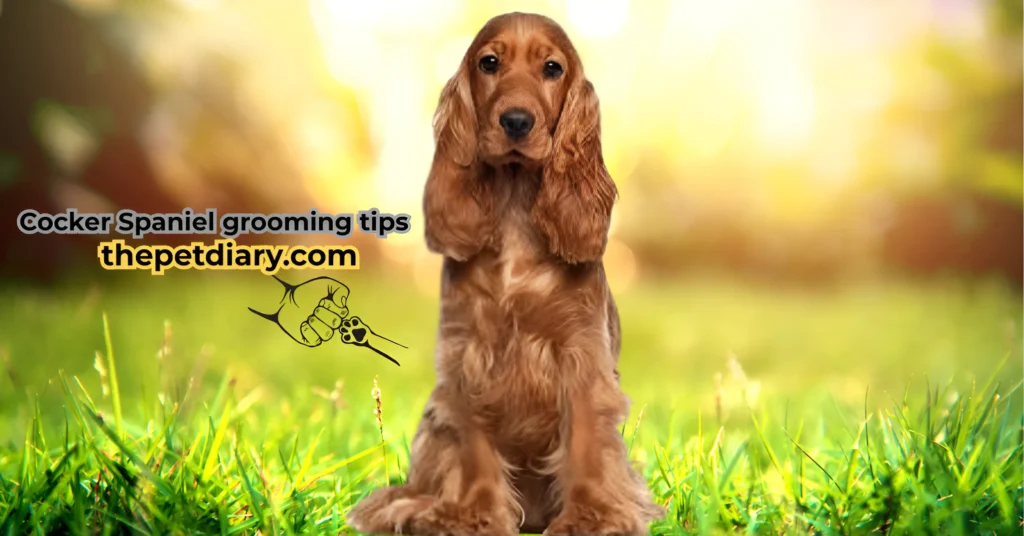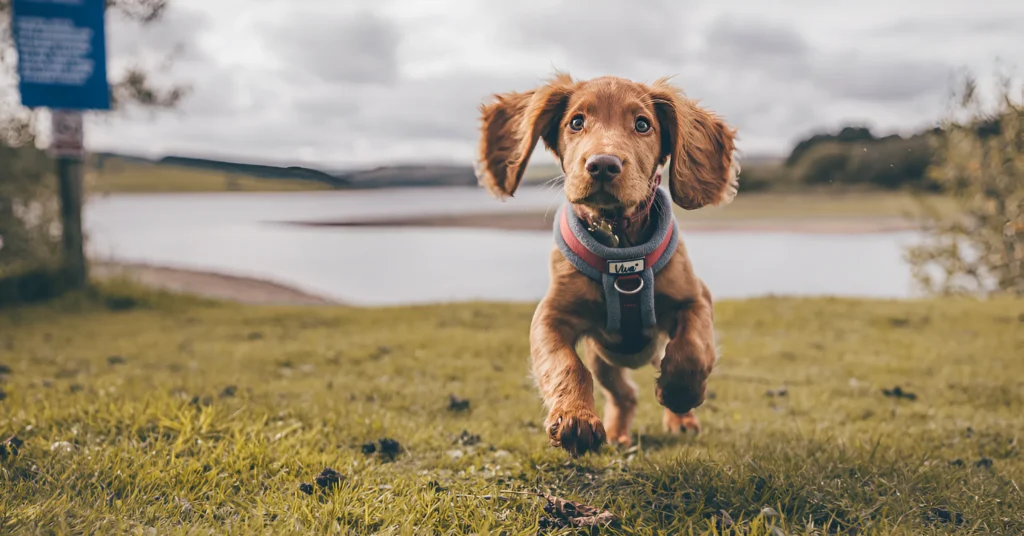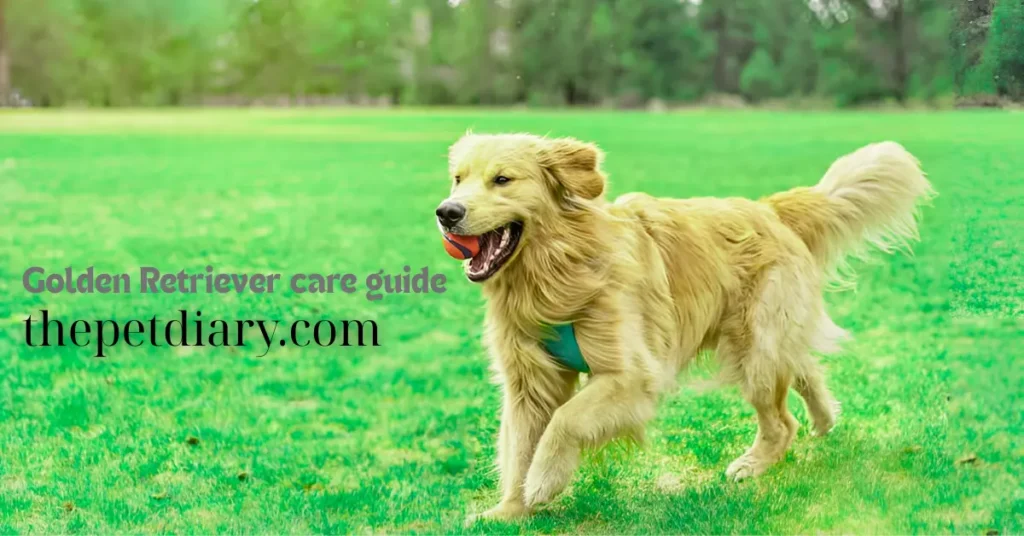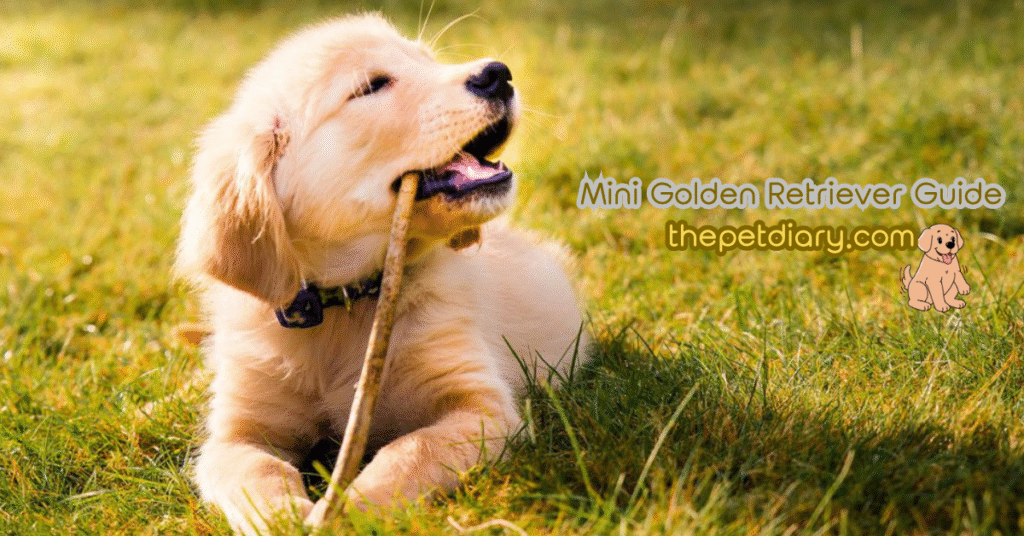Cocker Spaniel
One of the most popular dog breeds in the world is the Cocker Spaniel, also known as the American Cocker Spaniel, which is distinguished by its large, round eyes, long ears, charming face, and lively disposition. Many owners look for helpful Cocker Spaniel grooming tips to keep this beautiful breed healthy and well-maintained.
Despite being small enough to travel and cuddle on the couch, American Cocker Spaniels were built to be hunting dogs and are large enough to compete in the field. They are great companions for kids, adults, and first-time pet owners.
Caring for a Cocker Spaniel or Cocker Spaniel grooming tips:
Approximately 20 to 30 pounds in weight and 13.5 to 15.5 inches in height, the Cocker Spaniel is the smallest sporting spaniel, according to thepetdiary.com. In addition to having fifteen common coat colors, including black, brown, black and white, red, and golden, they stand out for having huge, fluffy ears.
The American and English Cocker Spaniels are the two varieties of the breed. Although the two canines have a strikingly similar appearance, Cocker Spaniels and English Cocker Spaniel differ slightly. American Cocker Spaniels are often taller, have thicker coats, and larger ears than English Cocker Spaniels.
Originally developed for hunting, Cocker Spaniels are now most frequently encountered as companion pets because of their amiable nature. Their body is muscular and well-balanced, which enables them to be both robust and nimble.
Cocker Spaniel Health Issues
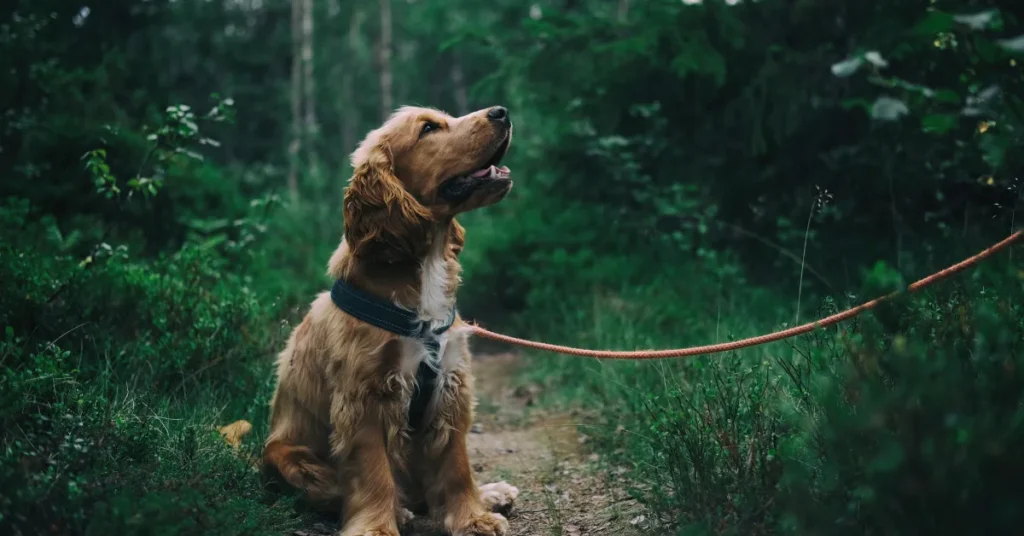
Given that they typically live between 10 and 14 years, Cocker Spaniels are durable companions. When taking home a Cocker Spaniel puppy, it could be wise to invest in pet insurance because they are prone to certain health issues.
Ear Infections
Cocker Spaniels are prone to ear infections due to their famously rich ears. This is due to the fact that the floppy form of the ears can trap moisture in the ear canals, which facilitates the growth of bacteria and/or yeast.
The following are indicators of an ear infection:
- Redness
- The smell
- Ear irritation or scratching
- tilt of the head
- Release
- Head shaking
If you observe any of these signs, get in touch with your veterinarian immediately.
Regular ear cleaning can help avoid dog ear infections. Always clean your Cocker Spaniel’s ears after bathing or swimming, and ask your veterinarian how frequently you should do it. Taking preventive measures to maintain the health of your Cocker Spaniel’s ears is crucial.
Skin Infections
When lengthy hair coats are neglected or as a result of allergies, pyoderma, or skin diseases, they can develop. In order to retain moisture and prevent bacteria that could lead to an infection, the long hair gets tangled and develops tight mats. Regular dog grooming and brushing might help avoid this.
Hip Dysplasia
Although large pups are more likely to acquire hip dysplasia, medium-sized dogs, such as Cocker Spaniels, can also get it. The disorder arises when a dog’s hip joint fails to develop normally as they matures, resulting in looseness and, if ignored, arthritis.
Cocker Spaniels with hip dysplasia can be treated with joint supplements, painkillers, and weight control. However, surgery can be required if your dog’s condition is extremely bad.
Von Willebrand Disease (vWD)
Dogs with von Willebrand disease, a common bleeding illness, have trouble forming blood clots. The Cocker Spaniel is one breed that is prone to vWD, which can increase your dog’s risk of injury and surgery.
If you observe any unusual or protracted bleeding in your dog, such as nosebleeds, blood in the stool or urine, or bleeding from the gums, consult your veterinarian.
What To Feed a Cocker Spaniel

The ideal diet for a Cocker Spaniel depends on its particular requirements, but it’s always crucial to choose a dog food made with premium components. Select a product that meets the nutritional guidelines set out by the Association of American Feed Control Officials (AAFCO). It’s easy for Cocker Spaniels who are kept only as family pets to gain weight. Avoiding overfeeding is crucial to maintaining appropriate body weight and conditioning.
Cocker in Action. Even though spaniels are more active, they still require a healthy diet and portions to avoid obesity.
